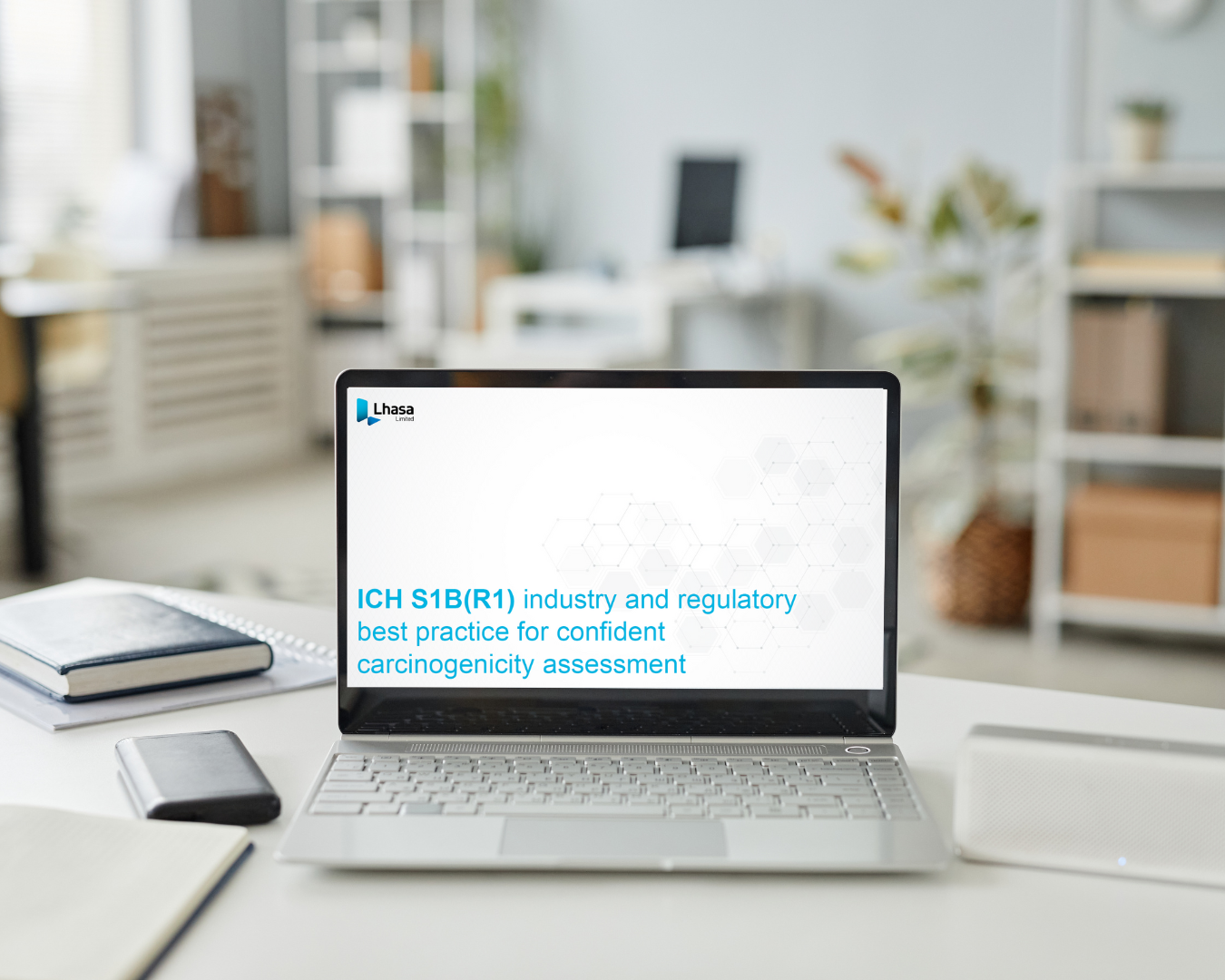An award honouring the scientific contributions and memory of Dr. Richard Williams, has been set up to support early career investigators within industry. Supported by the Industrial Genotoxicology Group (IGG), The Richard Williams Memorial Award will sponsor one individual a year to attend and present at the United Kingdom Environmental Mutagen Society (UKEMS) meeting.
The Richard Williams Memorial Award aims to give young scientists or early career investigators working within industry, an opportunity to present their work at the annual UKEMS meeting. To be considered for the award, candidates must submit a title and abstract to the IGG committee. Authors of the abstracts that are shortlisted by the IGG committee, will then be required to give a short presentation at the IGG annual meeting where a winner will be chosen. The first award is for attendance at the UKEMS 2021 and will be given at the IGG Meeting this year.
Rich was an integral, enthusiastic and valued committee member of the IGG, not just for his contributions but also for his encouraging and energetic approach. Founded in 1987, the IGG is a focus group for discussion of issues that primarily affect industrial genetic toxicologists. The IGG’s interests are in genetic toxicology testing in an industrial setting, mainly the scientific and technical aspects of established tests for Regulatory Authorities, the development and validation of new tests, and the development and application of new paradigms of genotoxicity safety evaluation for risk assessment.
Rich trained as an organic chemist and became recognised for his work and contributions as a chemical toxicologist. Rich joined Lhasa Limited in 2004, as his career progressed, he played an increasingly major role in the scientific direction of Lhasa’s toxicology software and became Chief Scientific Officer in 2018. Working in collaboration with world leading genetic toxicologists, Rich’s early work early work at Lhasa focused on the prediction of genotoxicity (mutagenicity, chromosome damage) through the derivation of structural alerts. The scope of Rich’s endpoint knowledge was extended through to carcinogenicity, skin sensitisation and phototoxicity and he led development work around negative predictions and ICH M7 workflows. Rich was a driving force on the International Workshop on Genotoxicity Testing (IWGT) Ames working group and his dedication and determination helped to achieve two prominent IWGT papers which were recently published [1,2].
Rich believed that a key part of his role in industry was to support others; to help others deliver and become better at their role. Both the IGG and Lhasa Limited felt it greatly appropriate to honour Rich with an award in his memory that would give early career investigators, be they students or working within industry, a wonderful opportunity to present their work at the annual UKEMS meeting.
The IGG committee will select 3-4 abstracts from all entries to give a short presentation at the IGG virtual meeting this year (30th November – 1st December). The presentations will be judged and voted on by either the IGG committee or the meeting attendees. The Richard Williams Memorial Award will include a certificate, travel, registration and accommodation expenses for attendance to the UKEMS meeting at which the award winner will have the amazing opportunity of presenting their work.
Lhasa Limited and the IGG committee are asking people to share this message with colleagues and encourage all eligible young scientists to put themselves forward for this award. To apply, please send a title and abstract (max 300 words) to the IGG Committee at the following email address info@theigg.co.uk by 30th October 2020.
Rich was a well-respected, long standing employee of Lhasa Limited. An expert scientist and leader in his field, Rich’s influence was felt much more broadly than just within Lhasa and its member base. Rich made numerous significant contributions to the IGG and to the field of genetic toxicology.
References
[1] Schoeny et al.(2020) ‘Revisiting the bacterial mutagenicity assays: Report by a workgroup of the International Workshops on Genotoxicity Testing (IWGT)’, Mutation Research/Genetic Toxicology and Environmental Mutagenesis, 849. https://doi.org/10.1016/j.mrgentox.2020.503137
[2] Williams et al. (2019) ‘Are all bacterial strains required by OECD mutagenicity test guideline TG471 needed?’, Mutation Research/Genetic Toxicology and Environmental Mutagenesis, 848. https://doi.org/10.1016/j.mrgentox.2019.503081
Last Updated on January 25, 2024 by lhasalimited



